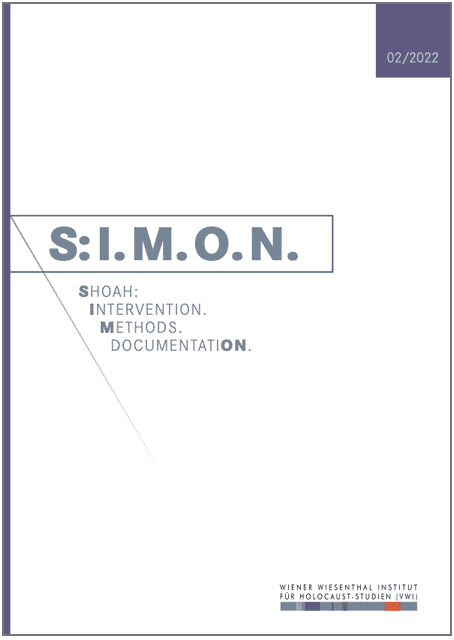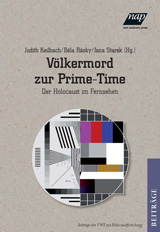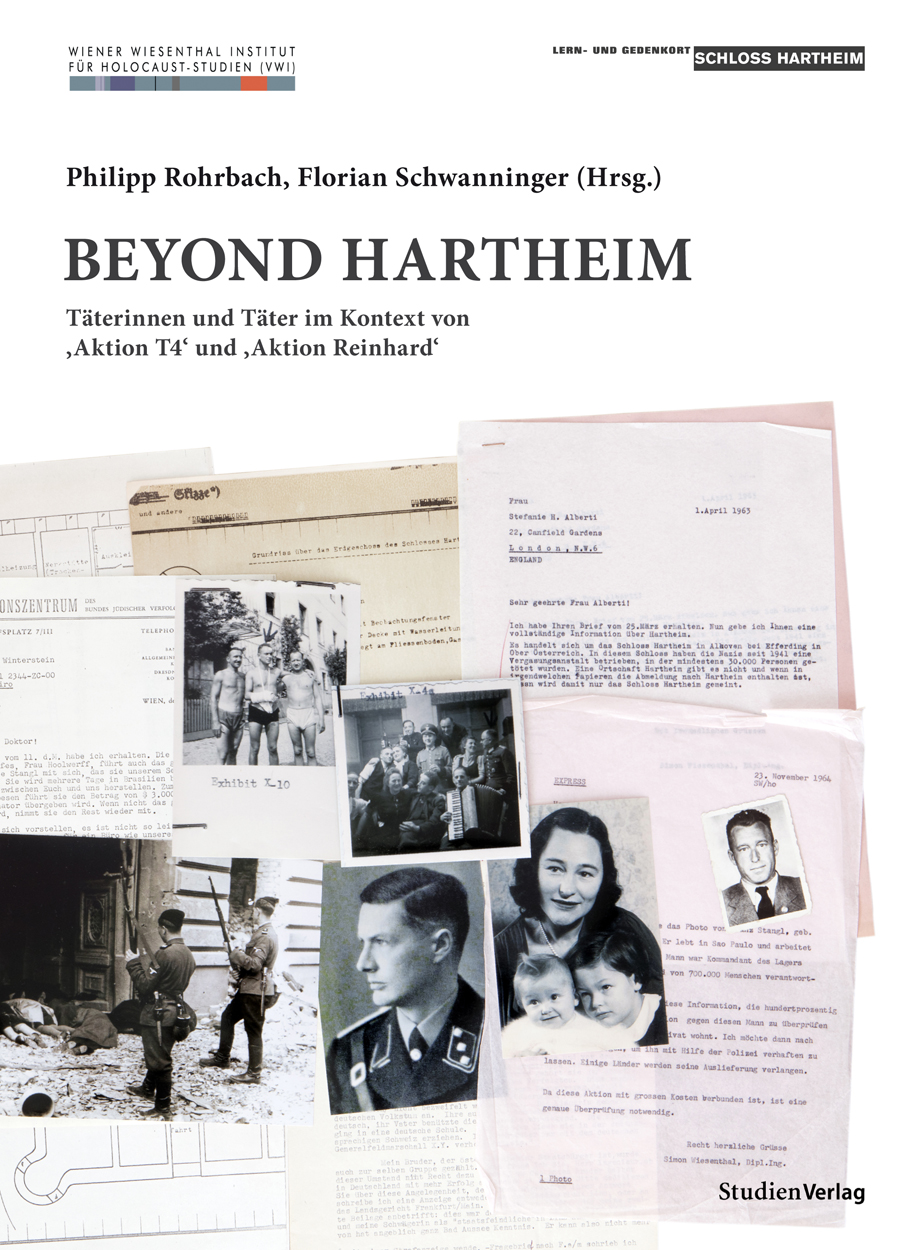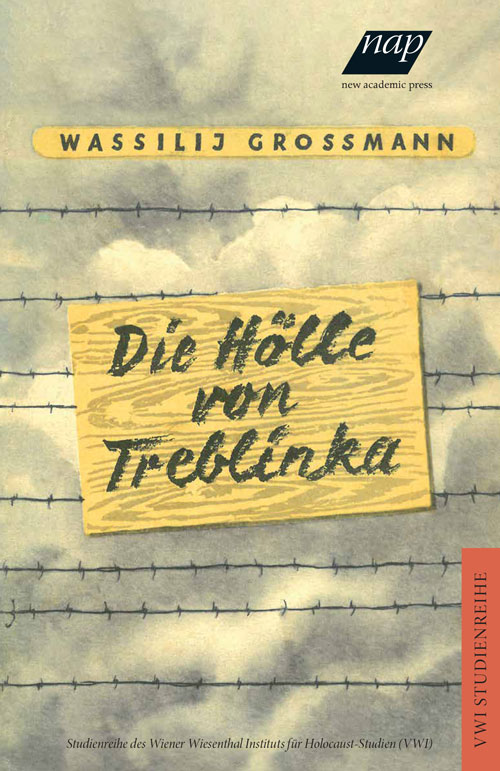Words of welcome at the Simon Wiesenthal Conference 2017
Dr.in Susanne Janistyn-Novák (Deputy Secretary General oft he Directorate oft he Austrian National Council)
Ladies and Gentlemen,
On behalf of the President of the National Council Elisbeth Köstinger I would like to warmly welcome you to Palais Epstein.
Esteemed Béla Rásky! It is a great pleasure to be able to host the Simon Wiesenthal Conference for a second time, following the first occasion in 2015. I would particularly like to welcome Daniele Giglioli from the University of Bergamo, who will be giving this year’s keynote speech. His thought-provoking, critical take on victimhood goes straight to the matter and will, I’m sure, provide some exciting ideas and impetus for the conference.
I myself have been a member of the Comitee of the National Fund of the Republic of Austria for Victims of National Socialism for over two decades. This Fund was established in 1995 with the National Council to make payments to victims of National Socialism. In light of this, I have from the outset closely followed the many debates and discussions surrounding the term victim and I have also been able to observe how the definition of this term has evolved for certain victim groups.
At the same time, the National Fund’s victim recognition practices took place in ongoing interplay with society’s perception of certain victim groups. Examples include the victims of political persecution, deserters from the German Wehrmacht and the victims of Nazi military justice. During the early years of the National Fund, questions were often raised about their recognition as victims: whether the person in question had carried out acts of resistance and, as such, proactively fought back against the regime. This definition of victimhood came much closer to the notion of the heroic victim.
However, over time the definition of victimhood developed and increasingly began to apply to passive victims too.
The German historian Martin Sabrow postulates that Europe has undergone a general transition from the glorification of heroes to the elevation of victims, that is to say moving the focus away from the heroes towards the victims. Taking as an example the Austrian exhibition at the former Auschwitz concentration camp, which is currently being renewed and updated under the supervision of the National Fund:
When we compare the previous exhibition with the one currently in planning, the evolution of the definition of victimhood is evident. The original exhibition of 1978 almost exclusively focused on the political prisoners, the resistance fighters. Today, 40 years later, the new exhibition will dedicate more attention to the civilian victims and their fates. At the National Fund we have become acquainted with thousands of individuals’ fates. Each person’s story is unique.
We often find ourselves asking – are we to view the person, the individual, as a victim, a survivor, a martyr or even as a hero?
Where do the boundaries lie?
“The memory is a chameleon” says the historian Dirk Schlinkert. The survivors of the Holocaust remember their experiences of persecution in different ways and, as a result, they also differ in how they perceive themselves. For some, it is important not to be described as a victim.
Ladies and Gentlemen!
In some ways, history is a human construct, characterized by continuous paradigm shifts. Attitudes towards the past and remembrance have also evolved throughout the decades since the end of the war – with a need to forget eventually being replaced by a desire, even necessity, to remember, which determines our attitude towards the Holocaust today. In this context, Aleida Assmann speaks of a “paradoxical crescendo of Holocaust remembrance”, when she says: “The greater the passage of time, the more entrenched this remembrance becomes. As the voices of the victims have become louder, remembrance has returned in equal measure.” We have followed this development at the National Fund over the course of more than 20 years: thousands of survivors, who had maintained their silence for years, described their experiences – and ever increasing numbers of people listened to them.
The survivors and their memories help shape the cultural memory of our society. They are part of our collective identity. Dialogue with survivors is the golden pathway towards a deeper understanding of history, especially for young people.
And yet the voices of the survivors are growing fainter; soon they will fall silent. This raises the increasingly pressing question as to the future of remembrance. We must be prepared, safeguard these memories and pass them on to future generations.
Ladies and Gentlemen!
The years of Nazi rule had a fundamental and enduring impact on Europe. The many years of silence and suppression impeded the capacity to debate or critically reappraise this terrible time.
However, during the last two decades a culture of remembrance has developed – not only at a national level but at a transnational, European level, too. Addressing the experiences of National Socialism brings the nations of Europe together and can help build a common identity.
Conferences like this also make an important contribution.
I wish you all a stimulating and productive discussion in this forum.
Vienna, 27 November 2017









